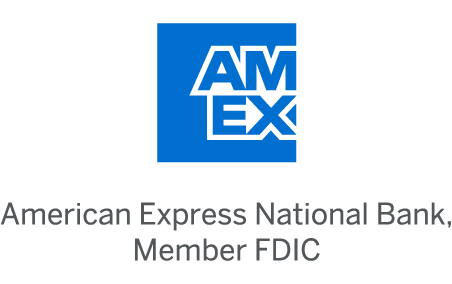A Bunch of Small Deposits to Your Bank Account Could Lead to Trouble. Here's Why
KEY POINTS
- Banks are required to report deposits and withdrawals of over $10,000, as a way to combat money-laundering activities.
- Making a series of small deposits to avoid reporting requirements is called structuring.
- Structuring has consequences and could lead to an investigation by the Financial Crimes Enforcement Network.
Imagine if you went to the bank a few times over the course of a few days or weeks and you made a few deposits -- and then found out you were under federal investigation because of it.
This scenario seems like something out of a bad movie. It could happen, though -- and it's all because of a law called the Banking Secrecy Act.
Here's how it works, and why it could potentially lead to trouble if you deposit too much money in separate transactions over a short time period.
The Banking Secrecy Act aims to fight money-laundering by requiring reporting
The Banking Secrecy Act is a federal law aimed at fighting money laundering. Basically, it requires banks to file a report if you deposit or withdraw $10,000 or more in cash into your bank account. Banks complete the report when you make a large deposit and file it with the Financial Crimes Enforcement Network (FinCEN).
Our Picks for the Best High-Yield Savings Accounts of 2024
|
Capital One 360 Performance Savings

APY
4.25%
Rate info
See Capital One website for most up-to-date rates. Advertised Annual Percentage Yield (APY) is variable and accurate as of April 11, 2024. Rates are subject to change at any time before or after account opening.
Min. to earn
$0
|
APY
4.25%
Rate info
See Capital One website for most up-to-date rates. Advertised Annual Percentage Yield (APY) is variable and accurate as of April 11, 2024. Rates are subject to change at any time before or after account opening.
|
Min. to earn
$0
|
|
American Express® High Yield Savings

APY
4.25%
Rate info
4.25% annual percentage yield as of June 26, 2024
Min. to earn
$1
|
APY
4.25%
Rate info
4.25% annual percentage yield as of June 26, 2024
|
Min. to earn
$1
|
|
Citizens Access® Savings

APY
4.50%
Min. to earn
$0.01
|
APY
4.50%
|
Min. to earn
$0.01
|
Many people are aware of these rules -- especially those who might not want the federal government getting details about their financial dealings. Since the government knows that the very people they're trying to catch are aware of the reporting requirement, the law also prohibits you from just breaking up your deposits into smaller transactions. This is called an anti-structuring provision.
Under the anti-structuring provision, if you were to make a bunch of smaller deposits into your checking account that add up to more than $10,000 over a short period of time (typically a few days or even a few weeks), the bank must report this, as well. In this situation, if the bank has reason to believe you're breaking up a big deposit to avoid reporting rules, then the bank must file a Suspicious Activity Report.
The bank won't tell you it's doing this. But FinCEN may refer the report to a law enforcement agency (such as the FBI) to conduct an investigation if they suspect wrongdoing.
Now, this doesn't happen every time, but if a full-scale investigation is launched, this could have far-reaching consequences. These could include having your assets frozen during the investigation and potential criminal charges if you're found to have violated the law.
How worried should you be about depositing money?
For many people, this is a non-issue. If you don't deposit $10,000 into your account either all at once or over a short period, then you aren't going to trigger reporting requirements or risk a Suspicious Activity Report.
If you do happen to have deposits of $10,000 or more and you break them down into multiple separate deposits, though, then you could run into problems. Structuring can be considered a crime even if you legally obtained the money you're depositing -- if the government can prove you acted on purpose to evade reporting requirements.
You don't want to find yourself potentially facing federal charges, so just be careful about making separate deposits that cross the $10,000 threshold. You're better off depositing all the money at once so the bank can simply make its report and you can all move on.
Since $10,000 is a large amount of money, you'll also want to make sure you're putting the funds in the best bank account possible. Check out some great free savings accounts to see how to grow your money with interest. Just remember to not run afoul of the anti-structuring rules, to save yourself a lot of hassle.
These savings accounts are FDIC insured and could earn you 11x your bank
Many people are missing out on guaranteed returns as their money languishes in a big bank savings account earning next to no interest. Our picks of the best online savings accounts could earn you 11x the national average savings account rate. Click here to uncover the best-in-class accounts that landed a spot on our short list of the best savings accounts for 2024.
Our Research Expert
We're firm believers in the Golden Rule, which is why editorial opinions are ours alone and have not been previously reviewed, approved, or endorsed by included advertisers. The Ascent, a Motley Fool service, does not cover all offers on the market. The Ascent has a dedicated team of editors and analysts focused on personal finance, and they follow the same set of publishing standards and editorial integrity while maintaining professional separation from the analysts and editors on other Motley Fool brands.
Related Articles
View All Articles